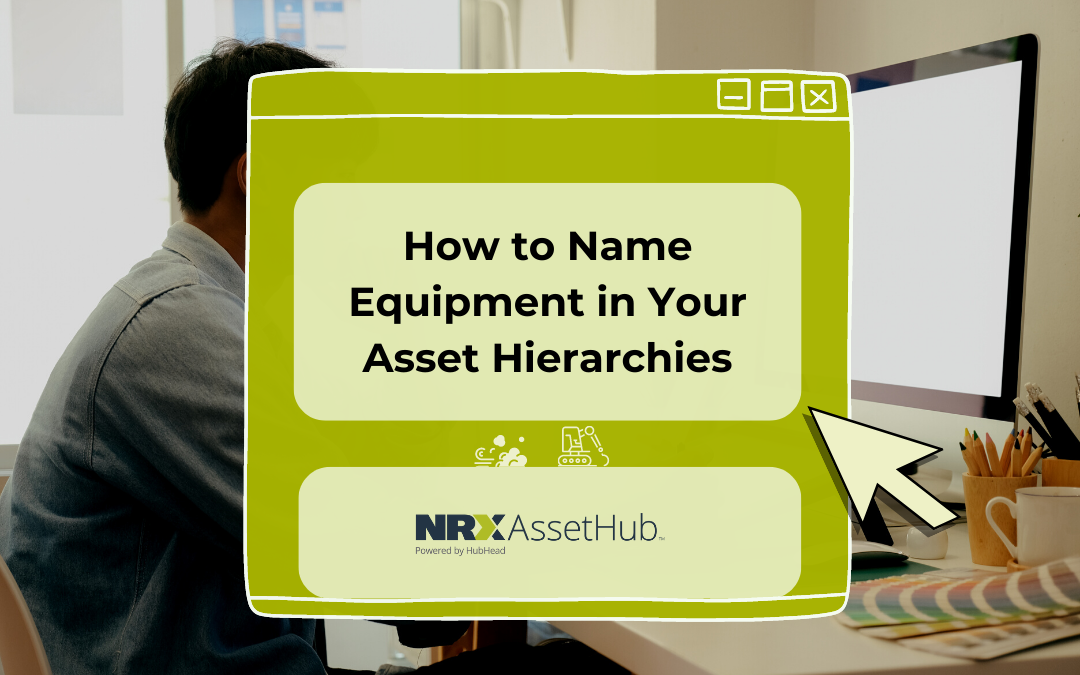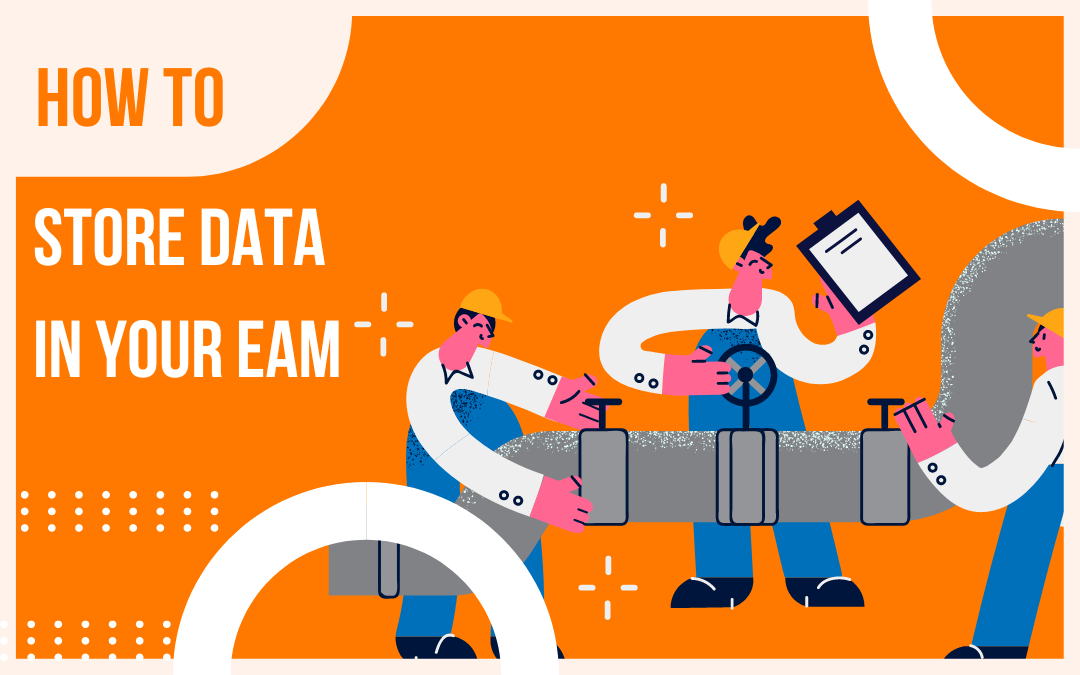
The NRX Blog

How to Name Equipment in Your Asset Hierarchies
Having conventional and legible naming systems should be a simple concept. Still, in many cases, a significant amount of EAM/CMMS systems are disorderly. They have such bad-quality asset data that it’s practically impossible for technicians to find the necessary information. It’s time to learn how to name and organize your asset data to improve work quality for those who need it.

Benefits of Restructuring Your Asset Hierarchy
It’s time to restructure your asset hierarchy to reap the benefits of your EAM/CMMS system. Unplanned downtime can be a cash bleed for any sector that deals with manufacturing. To reduce the risk of unplanned downtime, you should record and extrapolate from failure data.

Why is it Difficult to Improve Poor Quality Asset Hierarchies?
Companies are always looking to see what they can improve, especially when it comes to asset-intensive companies looking to improve their asset hierarchy. Aligning your CMMS equipment hierarchy with an international standard is considered the best practice. However, many asset intensive companies usually struggle with the task of organizing asset hierarchy data and can’t seem to align according to international standards.

Asset Hierarchy Best Practices
An asset hierarchy allows companies to organize their equipment and machines stationed across various locations. It is critical for understanding how action on one machine affects other machines and establishing the parent-child relationship amongst multiple assets. An accurate asset hierarchy structured correctly is extremely valuable to asset-intensive companies and supports efficient maintenance practices.

Guide to Storing Information in Your EAM
Storing the correct information in your EAM can allow your company to lessen the damage of downtimes, be more productive, and allow your technicians to find crucial information faster.

Imperfect Data – Imperfect Results. Are You Sure That Your Asset Register is Complete?
Many companies don’t know that their asset register data is incomplete, which can lead to prolonged downtimes and outages. Find out what steps you can take to increase the reliability of your asset register data in this article.

Maximizing the Return on your Migration Project
No matter if a business has a long or short history with using an EAM/CMMS system, migrating to a new one can bring a series of issues that’ll impact how successful it is once complete. Challenges such as low user acceptance rates and a general lack of trust in the asset and maintenance master data can be expected.

Lessons in Keeping Asset and Maintenance Data Quality High
Migrations are an important part of refining your existing data and inputting it into a new, more intuitive system.

Looking to Migrate? Now’s a Perfect Time to Fix your Data
Before beginning a migration from one EAM/CMMS system to the next, it’s worth considering the quality of data being transferred. Afterall, an EAM/CMMS system is only as reliable as the data it stores. Therefore, now’s an optimal time to edit and/or change the data...

Setting Up Your Data for a Migration Project
Ready to plan your EAM migration project? First and foremost: ensure your asset and maintenance master data’s quality is high enough before migrating. High quality master data paves the way for increased productivity and a reduction in expenses related to maintenance...
